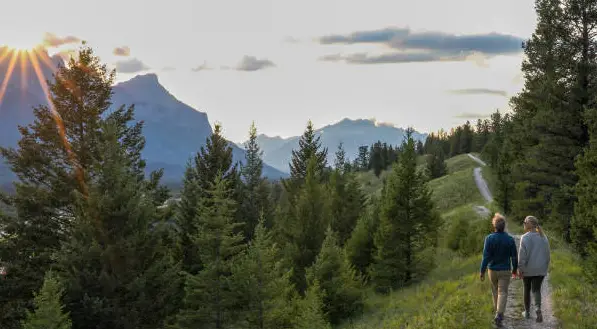Canada is renowned for its breathtaking landscapes, from the rugged Rocky Mountains to the pristine shores of its many lakes. Whether you're a seasoned hiker or a camping enthusiast, the country offers an abundance of opportunities to connect with nature. However, with the privilege of enjoying the great outdoors comes the responsibility of preserving its beauty and ecosystems.
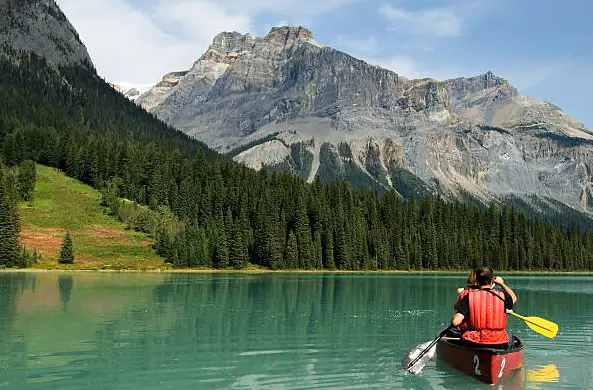
Environmental regulations for camping and hiking in Canada aim to preserve its pristine landscapes. Follow "Leave No Trace," obtain permits, practice responsible waste disposal, adhere to campfire restrictions, respect wildlife, follow trail etiquette, honor Indigenous lands, protect flora and fauna, conserve water, and stay informed on educational initiatives for a sustainable outdoor experience.
In this blog, we'll delve into the environmental regulations that govern camping and hiking activities in Canada, ensuring that your outdoor adventures leave minimal impact on the environment.
National Parks Regulations:

Canada boasts a vast network of national parks, each with its unique ecosystems and rules. These national parks in Canada are protected areas, and visitors are expected to adhere to strict guidelines to safeguard the flora and fauna.
Key Regulations:
Campsite Reservations: Many national parks require campers to make reservations to control the number of visitors and minimize the impact on the environment.
Leave No Trace Principles: Follow the principles of Leave No Trace, emphasizing practices such as packing out all waste, staying on designated trails, and respecting wildlife.
Camping Regulations:
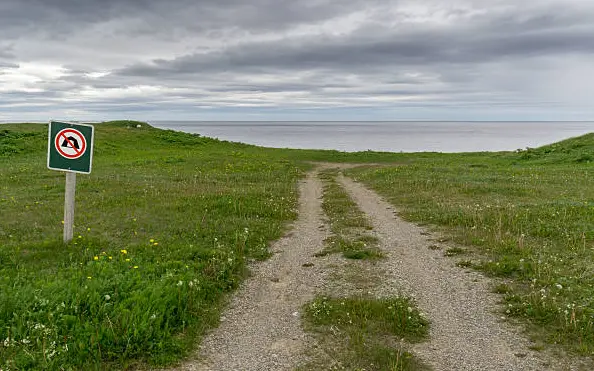
Camping in Canada offers a diverse range of experiences, from backcountry wilderness camping to organized campgrounds.
Key Regulations:
Permits and Reservations: Obtain the necessary permits and reservations, especially for backcountry camping, to help park authorities manage visitor numbers.
Campfire Regulations: Check specific regulations regarding campfires, as they may be restricted in certain areas due to the risk of wildfires.
Wildlife Interaction Guidelines:
Canada is home to a rich array of wildlife, from bears to moose. Respecting their habitats and maintaining a safe distance is crucial.
Key Regulations:
Bear Safety: Follow bear safety guidelines, including proper food storage and carrying bear spray in bear-prone regions.
Wildlife Viewing: Admire wildlife from a safe distance to avoid disturbing their natural behavior.
Trail Etiquette:
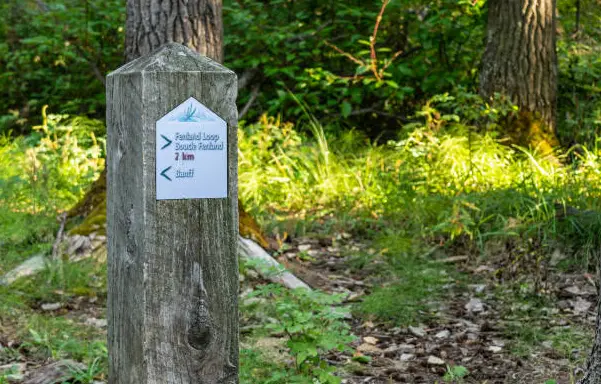
Hiking trails crisscross the Canadian wilderness, offering an opportunity to explore diverse landscapes. Observing trail etiquette is essential for a positive experience.
Key Regulations:
Stay on Designated Trails: Straying from designated trails can damage fragile ecosystems, so always stick to established paths.
Group Size Limits: Some trails may have restrictions on group sizes to minimize their impact on the environment.
Waste Management:
Proper waste disposal is crucial to preserving the pristine beauty of Canada's outdoor spaces.
Key Regulations:
Pack it In, Pack it Out: Adopt a 'leave no trace' mentality by carrying out all waste, including litter and used toilet paper.
Waste Disposal Facilities: Use designated waste disposal facilities in campgrounds or follow guidelines for backcountry waste management.
Water Safety and Conservation:
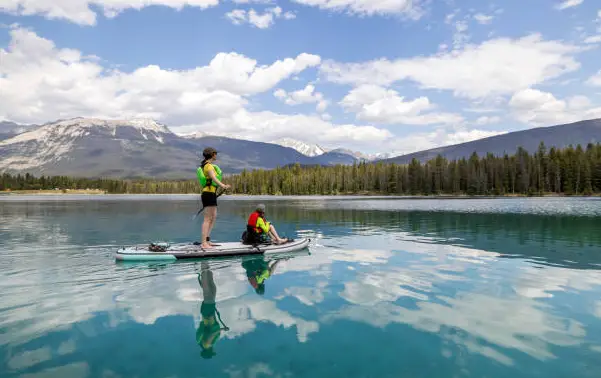
Canada's lakes and rivers are a central part of the outdoor experience. Understanding water regulations helps protect these valuable resources.
Key Regulations:
Water Conservation: Conserve water by using it sparingly, especially in areas where water sources may be limited.
Water Treatment: Treat water from natural sources before consumption to prevent contamination.
Read more: How can I reduce my water usage while traveling in Canada?
Conclusion:
Camping and hiking in Canada offer unparalleled experiences for nature lovers, but responsible outdoor recreation is paramount to the continued preservation of its ecosystems. By familiarizing yourself with and adhering to environmental regulations, you contribute to the sustainable enjoyment of these natural wonders. So, lace up your hiking boots, pitch your tent responsibly, and embark on an adventure that not only feeds your soul but also helps protect the beauty of Canada's wilderness for generations to come.
